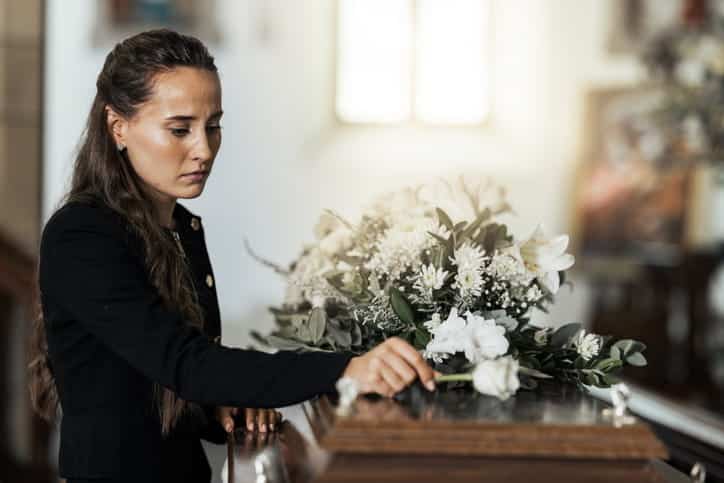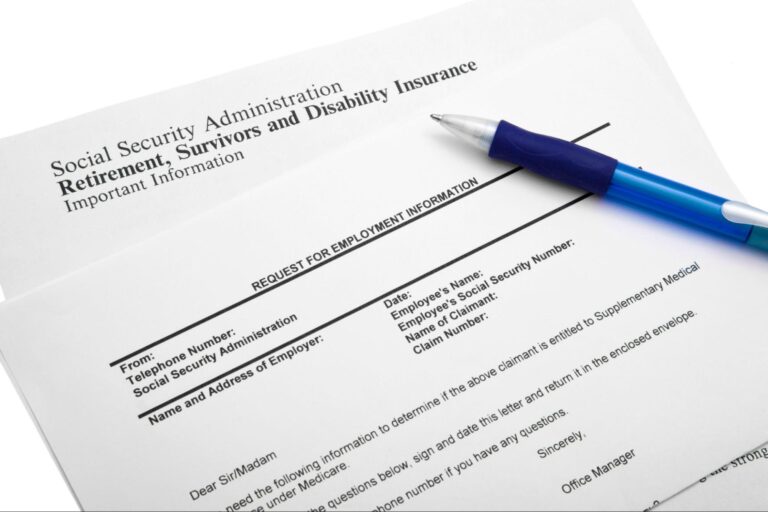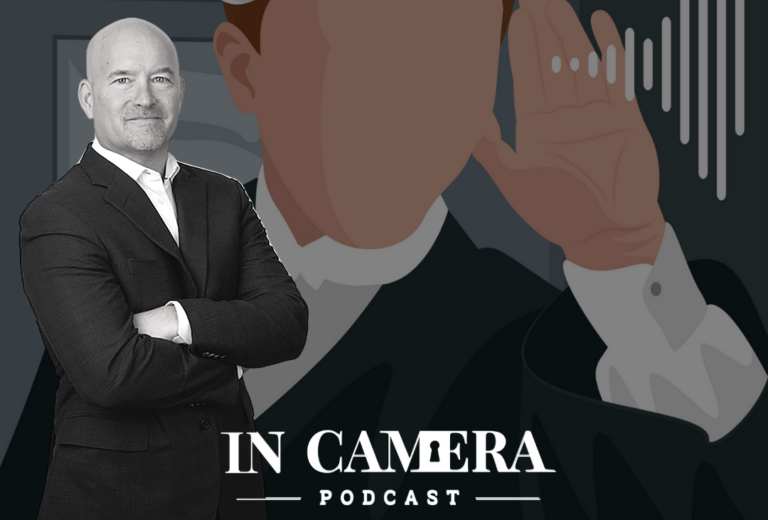How Does A Wrongful Death Claim Work?

When a loved one dies because of the negligence of an entity or another person, a wrongful death claim can be filed on behalf of them.
A wrongful death claim allows negligent parties to be held responsible for their actions that led to your loved one’s wrongful death. Knowing how to file a wrongful death claim, understanding the elements that go into a Colorado wrongful death claim, and the damages a plaintiff can seek is important when pursuing a claim.
The experienced attorneys at Bachus & Schanker can help your family understand their legal rights and options if you have endured the unbearable pain of losing a loved one because of someone else’s negligence.
Contact our wrongful death attorneys for assistance today. Schedule your free case evaluation and speak with attorneys who are committed to representing the rights of your loved one.
What Are the Legal Elements of a Wrongful Death?
Although there is overlap, all states have an interpretation of what constitutes a wrongful death. In Colorado, the wrongful death statute can be applied if a death was caused by “a wrongful act, neglect, or default of another” person or entity.
A wrongful death lawsuit works much like a personal injury lawsuit, and it can help to think of a wrongful death as a type of personal injury. When a person is wrongfully killed, they cannot bring forward a claim. However, a surviving family member, dependent, or the decedent’s estate can.
Before a wrongful death claim can be filed, certain legal elements must be present in your case. A case is significantly weakened if these elements are not present or adequately supported by evidence. These elements include the following:
Duty of Care and Breach of Duty
All wrongful death claims begin with two legal concepts: duty of care and breach of duty. A duty of care simply details the defendant had a duty of reasonable care toward the deceased individual.
Once a duty of care is established and the defendant is shown to have failed to provide reasonable care, then a violation — or breach of duty — has occurred.
Negligence and Causation
These next two legal concepts can be difficult to prove but are critical in a wrongful death claim. Establishing negligence requires a plaintiff to show that the defendant’s actions (or lack thereof) directly caused the death. Additionally, causation is the concept of a plaintiff linking the breach of duty to the death itself. Essentially, the breach of duty is what caused the death.
Damages Resulting From the Wrongful Death
A wrongful death claim must also show that a plaintiff suffered damages because of the defendant’s negligent actions. While the death of a loved one is a terrible loss in itself, other damages will result because of an individual’s death. Typically, a plaintiff can recover losses including but not limited to:
- Medical bills incurred on behalf of the deceased individuals when they were alive. These bills can include the cost of any life-saving medical support, treatment, hospital stays, and other expenses the decedent incurred.
- Loss of income or lost wages, including income that would have been received had the individual still been alive
- Funeral and burial expenses
- Loss of consortium
- Pain and suffering, including emotional anguish
- Property damage or loss
Who Pays a Wrongful Death Settlement or Verdict?
All wrongful death claims are unique, and as such, many different entities can be held responsible for a wrongful death.
Some claims might be against an individual not affiliated with any company or larger entity. In these cases, the individual will be held responsible for paying a wrongful death settlement or verdict.
In other cases, more than one party may be named as a defendant in a wrongful death claim. When this happens, the company, along with its insurance companies, will pay the settlement or verdict.
This is often the case in wrongful death lawsuits that result from commercial truck accidents or even medical malpractice claims that result in wrongful death. In these cases, the responsibility of the different entities will be argued in litigation, and a settlement payout will be distributed among the named defendants. A verdict can also distribute liable and settlement payment responsibility if the case goes to court.
What Is the Process for a Wrongful Death Claim?
When a plaintiff decides to take legal action against defendants they feel were responsible for their loved one’s wrongful death, a series of steps will follow which will determine the outcome of the case. Key points during the legal process include the following:
Determining Liability
A plaintiff must establish liability and liable parties before a wrongful death claim can be filed. Often, liability extends beyond just the individual who is believed to have caused the wrongful death to happen.
For example, if an individual was killed during a car crash by a semi-truck, the driver of the semi-truck is not the sole entity a plaintiff might go after. A plaintiff may also be able to go after the truck driver’s employer, the driver training school that works with the trucking company, and even third parties, such as the maintenance company that services the truck.
Determining liability is critical when pursuing a wrongful death claim because it can impact the outcome of the case and the damages.
Issue a Demand Letter
A demand letter is a part of the legal process and is often used in the initial phases of the wrongful death claim. Essentially, when a plaintiff decides to take legal action following the wrongful death of their loved ones, they will work with an attorney who will issue a demand letter on their behalf. The demand letter is sent to the defendants the plaintiff believes are responsible for the wrongful death and will often include details such as:
- The factual background of the wrongful death
- Details regarding liability
- A list of damages, including economic and non-economic damages
- Proposition of a settlement
Settlement Negotiations
An overwhelming majority of wrongful death claims end in a settlement. Defendants will push back against the proposed settlement in the demand letter and work to deconstruct the claims against them to lower liability and settlement amounts.
Court Proceedings
If negotiations in your case do not result in a settlement, your case will go to trial. An experienced wrongful death attorney will know how to represent your case in front of the judge or jury, and they may do this by calling on expert witnesses to support your claims.
How Should I Prepare for a Wrongful Death Lawsuit?
With the right attorney, preparing for a wrongful death lawsuit can help you recover the justice and compensation you and your family deserve. The following can help strengthen your wrongful death lawsuit:
Keep Documentation of Damages
It’s important to keep a detailed record of all damages that have resulted from your loved one’s death. This can include:
- Medical bills
- Pay stubs to calculate lost wages
- Expenses related to funeral and burial costs
- Living expenses your loved one was responsible for on behalf of their dependants
- Medical costs associated with therapy and counseling services received by surviving family members and/or dependents
Know Your State’s Laws
Knowing your state’s laws regarding a wrongful death claim is essential. Colorado’s Wrongful Death Act is codified in Colorado Revised Statutes § 13-21-201, § 13-21-202, § 13-21-203, and § 13-21-204.
Plaintiffs have a two-year deadline to file a claim under Colorado Code §13-21-201. In the first year, only a spouse can file a claim. If there is no spouse, then children can file. If there are no children, then parents can file.
Consult With a Wrongful Death Lawyer
Speaking with a wrongful death attorney can strengthen your case. An experienced attorney will explain everything you need to know about filing a wrongful death claim.
At the Bachus & Schanker law firm, our attorneys offer free case evaluations. During an evaluation, we will determine the strength of your case and will go over how we can support you. Our attorneys work on contingency, which means we do not get paid until you collect damages. Contact our attorneys today to learn more about how our team can support you.
How an Experienced Wrongful Death Lawyer Can Help

A wrongful death attorney can help you understand your options when filing a wrongful death claim. They’ll offer guidance on how to prove your claims, what evidence to collect, and how to present an airtight case. They will also answer questions or concerns you may have along the way.
Our attorneys understand the importance of representing your wrongfully killed loved one. Attorney Kyle Bachus has navigated the complexities of the legal system firsthand following the tragic passing of his mother. Bachus is dedicated to supporting other families who have experienced the unimaginable and offers thoughtful legal guidance in his bestselling book, Unthinkable.
Learn more about how to get the legal representation you deserve following your loved one’s wrongful death when you schedule your free case evaluation. Contact our team today.
Sources:
CRS § 13-21-202.





